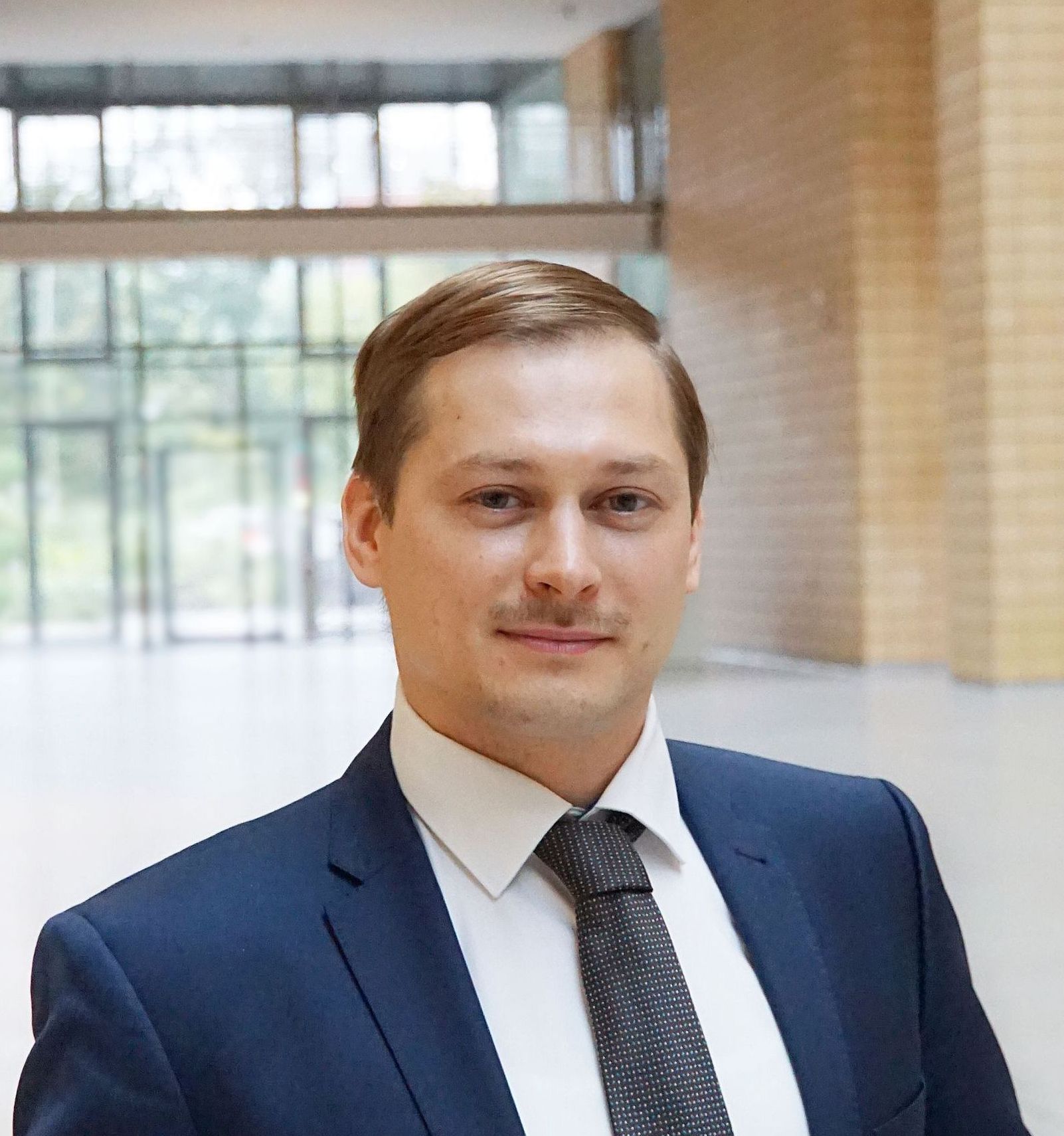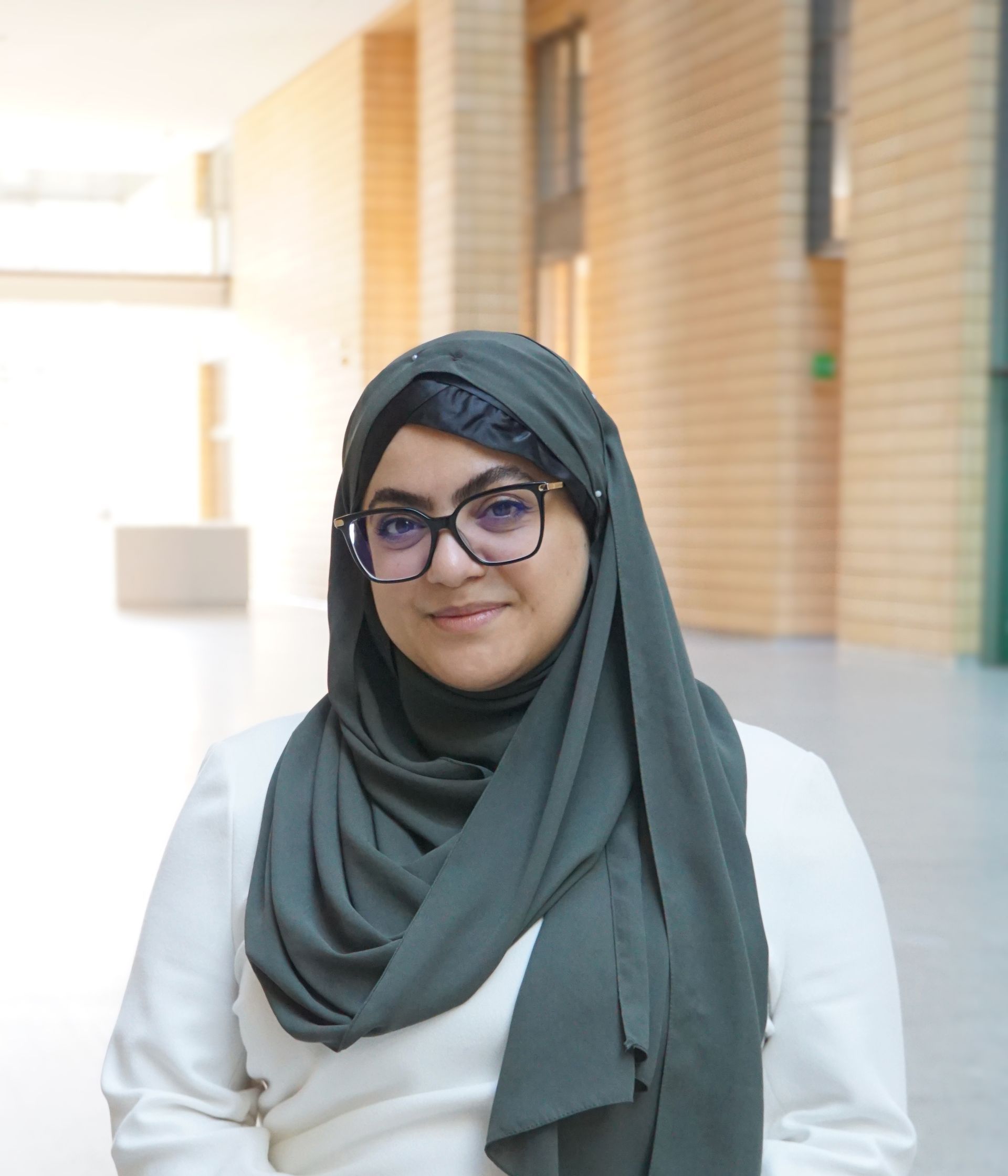Our programme ‘Substate Actors and Terrorism’ offers you in-depth insights into the complex dynamics of non-state actors and terrorist movements in one of the most conflict-ridden and strategically important regions in the world. The Middle East is a focal point for geopolitical tensions and security issues in which sub-state actors play a crucial role.
This programme is aimed at security professionals, analysts, policy makers and researchers who wish to gain a comprehensive understanding of the threats posed by sub-state actors and terrorism in the Middle East. Take the opportunity to gain in-depth analyses and practical insights to tackle the complex security challenges in this strategically important region.
Programme focus:
Our Experts:






